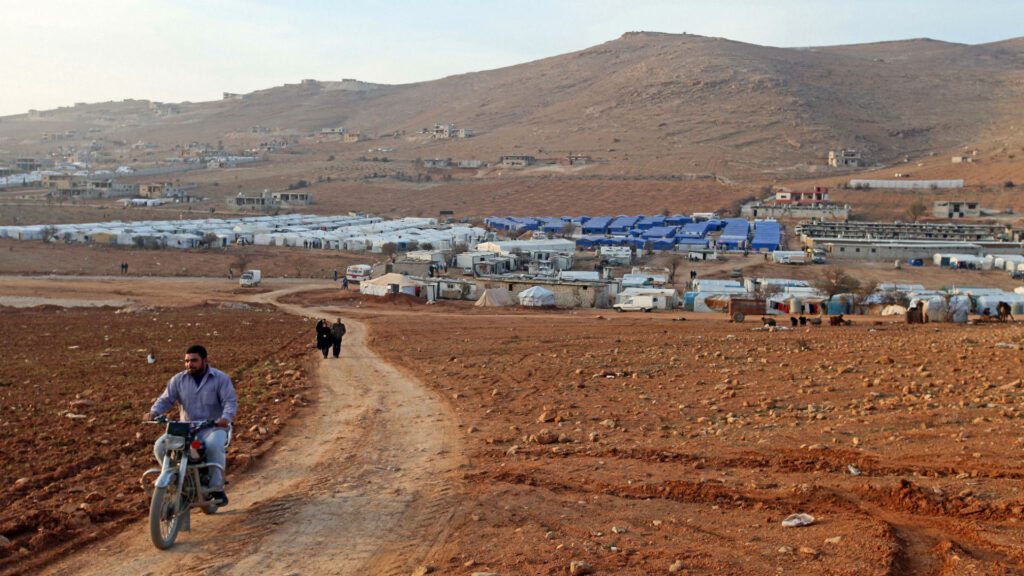A coalition of 20+ civil society organizations issued a statement today urging Lebanese authorities to end practices of suppression and torture vis-à-vis Syrian refugees, and to respect international obligations.
The statement, which includes organizations such as Amnesty International, Human Rights Watch, the Anti-Racism Movement, and many other international and Lebanese organizations, was published between World Refugee Day (June 20) and the International Day in Support of Victims of Torture (June 26).
The Situation of Syrian Refugees
The statement highlights the worsening socioeconomic conditions of Syrian refugees in Lebanon, who have been subject to extreme funding cuts by humanitarian and development organizations, and subsequently suffer from inadequate access to basic needs and services.
In addition, it highlights the escalation in tensions after the killing of Lebanese Forces coordinator, Pascal Sleiman, spotlighting the measures taken by several municipalities, security agencies, ministries and the Lebanese Armed Forces (LAF).
According to Legal Agenda, one of the signatories of the statement, the LAF has deported and pushed back more than 1,400 Syrians to Syria in 2024, while the General Security has deported more than 300.
These measures and crackdowns have intensified despite the UN, human rights organizations and states around the world concluding that Syrians’ return to Syria remains unsafe, as they’re at risk of human rights violations there such as arbitrary detention, torture and other ill-treatments.
The statement also sheds light on the recent one billion USD package to Lebanon from the European Union (EU), largely focused on border management and cracking down on irregular movement. The package mirrors other deals done by the EU with MENA region countries, and exposes individuals to human rights violations, as well as eroding asylum protection and the international protection system.
Breaches of International and National Law
The coalition’s statement sheds light on the fact that Lebanon has passed Law Number 65, known as the Anti-Torture Law, in 2017 and amended Article 47 of the Code of Criminal Procedure, guaranteeing the right to a lawyer during interrogations.
Despite these provisions, Lebanon still falls short of fulfilling its obligations under the UN Convention Against Torture (CAT), as torture and ill-treatments remain widely prevalent in places for detention, in addition to a widespread lack of accountability, which impact not only Syrians, but Lebanese as well.
Recommendations
Finally, the statement ends with a series of recommendations and calls directed at Lebanese authorities, the first of which is the call to immediately halt forcible and summary deportations of Syrian refugees back to Syria.
The statement also calls for the government to adhere to its previous commitment to allowing refugees registered with the UNHCR to be considered to have legal residency in Lebanon.
In addition, it calls on Lebanese authorities and politicians to refrain from spreading misinformation and hate speech about Syrian refugees, as well as protecting them from abuses and violence.
Finally, the statement calls on Lebanon’s partners, with special focus on the EU and its member states, to make sure that funds directed to support refugees are not used for human rights abuses, and to immediately stop the unlawful pushbacks of migrants who reach their shores after leaving Lebanon.
It also issues recommendations regarding victims of torture, calling for authorities to ensure compliance with Article 47 of the Code of Criminal Procedure, conduct adequate investigations into complaints and reports of torture and ill-treatment, and a range of other recommendations focused on enhancing legal, investigative and procedural interventions.
